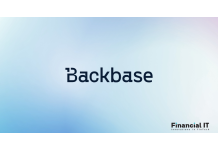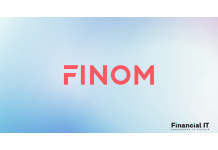Regnology Completes Acquisition of Wolters Kluwer’s...
- 01.12.2025 10:45 am
Backbase Partners with Unblu to Close the Gap Between...
- 01.12.2025 08:15 am
Britons Divided on Future of Pension Tax Relief as...
- 01.12.2025 08:05 am
Paysend Partners with JetBlue to Reward the Dominican...
- 28.11.2025 12:05 pm
MOIN Expands Strategic Partnership with Nium,...
- 28.11.2025 09:35 am
Governance, Financial Best Practices and a Well-...
- 28.11.2025 09:15 am
NatWest Signs Four University Partnerships to Fuel UK...
- 27.11.2025 09:35 am
Finom Launches Credit Lines in Germany
- 27.11.2025 09:10 am
Companies Overpaying on Employee Expenses by Up to 14%
- 24.11.2025 10:55 am
iwoca SME Expert Index: Three-Quarters of Finance...
- 24.11.2025 10:15 am
Capital.com Strengthens European Operations With...
- 24.11.2025 08:55 am
FCA Transaction Reporting Proposals to Save Firms £...
- 21.11.2025 02:25 pm






















